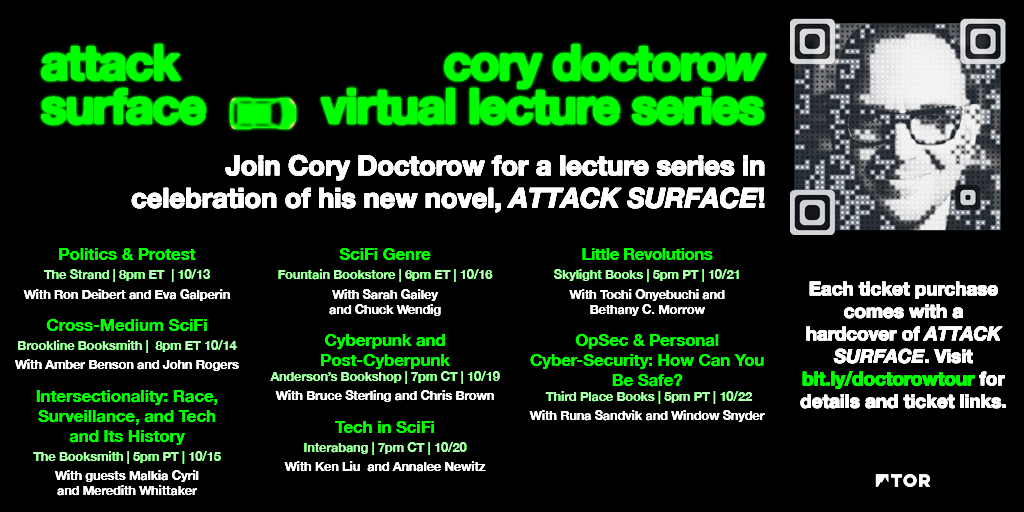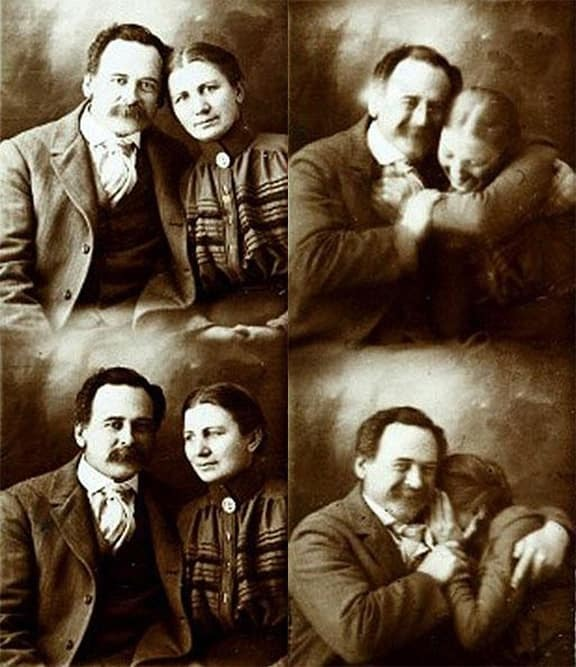
In 2014, I gave a keynote at Museums and the Web on the suicide-mission of cultural institutions that had decided to sacrifice access - making their collections as broadly available as possible - for revenues (selling licenses to rich people).
mwf2014.museumsandtheweb.com/paper/glam-and…
1/
mwf2014.museumsandtheweb.com/paper/glam-and…
1/

I argued that rich people didn't want museums, they wanted to own the things the museums had in their collections; so if museums eschewed universal access to get crumbs from plutes, they'd end up with rich people slavering to dismantle them and no public to help them resist.
2/
2/
Now, a group of professionals and institutions from the galleries, libraries, archives and museums (#GLAM) sector have published the "Passenger Pigeon Manifesto," in which they eloquently make the same point.
ppmanifesto.hcommons.org
3/
ppmanifesto.hcommons.org
3/
"Preservation, the goal of cultural institutions, means ensuring not only the existence of but the access to historical materials. It is the opposite of owning: it’s sustainable sharing. Similarly, conservation is not capturing and caging but ensuring the freedom to live."
4/
4/
Here are their demands:
I. Cultural institutions should reflect on and rethink their roles in relation to access: "Without free, public access, these items will only be objects to be forgotten"
5/
I. Cultural institutions should reflect on and rethink their roles in relation to access: "Without free, public access, these items will only be objects to be forgotten"
5/
II. Physical preservation is not enough: "To ensure the longevity of digital items, the existence of the highest possible number of copies is required: this can be achieved by sharing through free access."
6/
6/
III. Beyond preservation and providing access, institutions need to communicate the existence and content of their collections, our cultural heritage: "Approachability and good communication is crucial in reaching people"
7/
7/
IV. Publicly funded institutions must not be transformed by the market logic of neoliberalism: "Allow cultural commodities to be archived, described and shared in the frameworks of open access and open science"
8/
8/
V. Liberate and upload all digitised photographs and artworks that are in the public domain or whose copyrights are owned by public institutions: "open by default, closed by exception" (exceptions largely related to respect for indigenous cultures)
9/
9/
VI. All collections should be searchable and accessible in an international, digital photo repository: "the ideal candidate for an independent, central imagebase that provides the widest possible reach is Wikimedia Commons"
10/
10/
100% to all of this. Cultural institutions are about to be HAMMERED by austerity. The 1% are slavering at the thought of looting them and transferring their contents to superyachts and luxury bunkers.
Fuck.
That.
eof/
Fuck.
That.
eof/
• • •
Missing some Tweet in this thread? You can try to
force a refresh





















